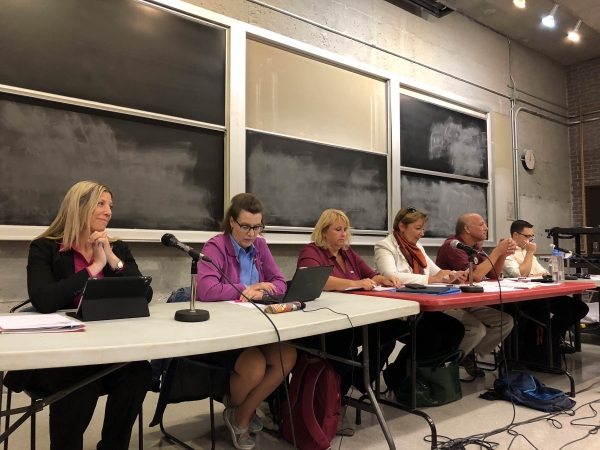Quebecers headed to the polls for the provincial election in October, which resulted in the Coalition Avenir Québec (CAQ) forming a majority government. The election sparked noticeable resistance on McGill’s campus, prompting the former vice-president external of the Students’ Society of McGill University (SSMU), Marina Cupido, to condemn the party as ‘racist’ and ‘xenophobic.’
Clayton Ma, a Master’s student at Concordia University who researches voting preferences among visible minorities in Canada, is concerned about several platform promises made by the CAQ. A law proposed by the CAQ during its campaign would bar public servants from wearing religious symbols, while another hopes to expel immigrants who fail a government-administered ‘values test.’
“If I had to implore them to not do certain things, I would implore them to not touch the religious items for public servants and to not implement that really ridiculous values test that they are suggesting,” Ma said. “It shapes the narrative [regarding immigrants] in a very poor way. Minorities are continuously stigmatized because of who they are and are continuously viewed as a possible threat.”
Research suggests that younger voters, including university students, are less inclined to vote. SSMU Deputy Electoral OfficerIsaac Levy, who implemented a mock poll to gauge students’ political preferences, is inclined to agree.
“In general, the younger cohort of voters are typically on the lower end of the turnout,” Levy said. “In particular, students are very busy. There’s a lot on their minds, so there is a dip of engagement with respect to that, and a lot of students just don’t become engaged. And if some students do [become involved in politics], they are probably specializing in that.”
According to Levy, the poll demonstrated that McGill students are generally left-leaning in their politics.
“Quebec Solidaire got about a quarter of the votes in our poll, but, at the same time, the riding that we are in is extremely liberal, so the Liberals came [out] on top,” Levy said.
This phenomenon of left-leaning engaged youth is not unique for urban places like Montreal. Éric Bélanger, a professor of political science at McGill who specializes in Quebec politics, thinks that the relatively-liberal mindset of the youth electorate has to do with the disparity between students’ progressive politics and a perennial conservative nationalist constituency in the province. He characterizes the CAQ as the party of a generation ago, built on constitutional disputes that no longer exist.
“To understand what happened, I think the national question [of Quebec sovereignty] is still quite useful,” Bélanger said. “Environment and diversity are the concerns of the new generation. In a changing context where issues of diversity and immigrant integration are fertile ground, I think there’s still this conservative, nationalist constituency that [has] finally found itself a new vehicle to get the sovereignty debate [on the table].”
Bélanger believes that overcoming apathy among young voters may be possible by reframing the national project in terms that are more in line with young people’s values.
“If you start showing that Quebec can be sovereign [while still addressing modern problems], that Quebec can leave this oil-producing country that Canada has become, then you start offering a different way to see sovereignty and to see the relevance of the sovereignty project that may be more appealing to younger voters,” Bélanger said.








